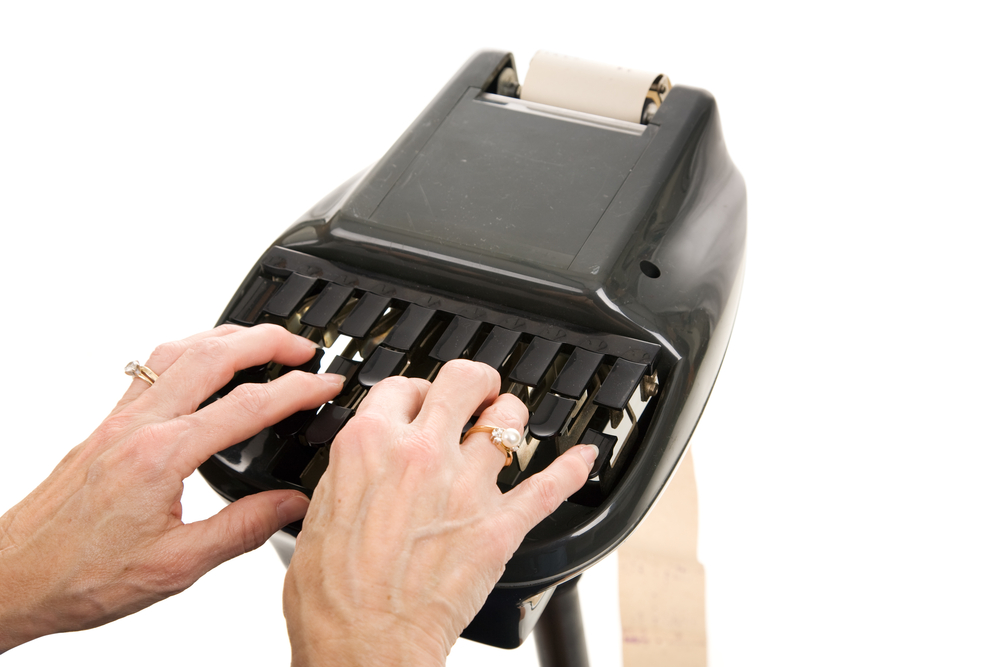Depositions are a significant component of the discovery process in a personal injury case. A witness is sworn in and questioned about the circumstances of the case while under oath during a deposition. The lawyer for the opposing party often conducts depositions, and the responses given can be used as evidence in court.
The “hinting” question is one that you can almost always anticipate being asked during a deposition. Instead than requesting a certain response directly, this question is meant to imply it. In an effort to induce the witness to say anything that can be used against them in court, the defense frequently employs the suggestive question.
For instance, the lawyer can inquire, “You felt fairly exhausted on the day of the accident, didn’t you?” Even though the witness doesn’t express it explicitly, this inquiry suggests that the witness was exhausted.
It’s crucial to be ready for the hinting question and know how to successfully answer to it. Here are some pointers for handling the hinting issue:
- Listen closely: Make sure you comprehend the query and the attorney’s underlying argument.
- Don’t assume anything: Even if you believe the idea in the question to be genuine, don’t agree with it.
- Focus on the facts: Don’t hypothesize or make educated guesses; simply respond to what you know to be true.
- Be precise: Avoid responding with a question; instead, make sure your response is precise and succinct.
A skilled accident lawyer at Tucker Law representing you will have a great deal of expertise taking depositions and managing the suggestive question. As we work together to defend your rights and interests throughout the process and to get you ready for your deposition, we will be in close communication with you.
Here are some pointers for answering inquiries during a deposition:
- Listen closely: Prior to responding, make sure you understand the question. Give yourself some time to gather your thoughts and consider your response.
- Be sincere: When you swear to speak the truth, you must provide an accurate and sincere response. It’s crucial to tell the truth and avoid making up or exaggerating your responses.
- Focus on the facts: Don’t hypothesize or make educated guesses; simply respond to what you know to be true. It’s acceptable to admit when you don’t know the answer to a question.
- Be succinct: Keep your responses succinct and direct. Refrain from adding extra details or expanding excessively on your responses.
- Avoid arguing with the attorney throughout the depositions. Don’t get defensive or accusatory; just stick to answering the questions.
- Be considerate: Throughout the deposition, maintain a professional demeanor, even if you disagree with the attorney’s questions or strategy.
- Know your rights: You are entitled to clarification on any issues or legal counsel if you believe that your rights are being violated.
Depositions can be unpleasant, and it’s common to feel anxious or intimidated throughout them. However, you can assist to guarantee that your deposition goes successfully and that your rights and interests are protected by being prepared and using these suggestions.
In conclusion, the hints question is a typical deposition defense strategy that you may anticipate being asked. The success of your case may depend on how well you can react to this question and how well you prepare. Call Tucker Law at 1-800-TuckerWins for a free consultation if you have been hurt in an accident to find out more about your legal options.








